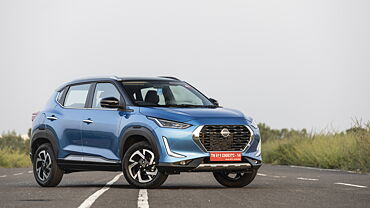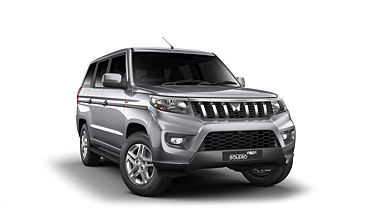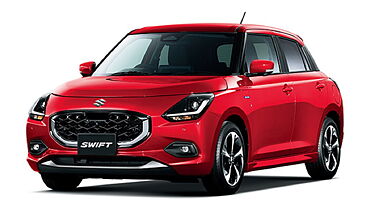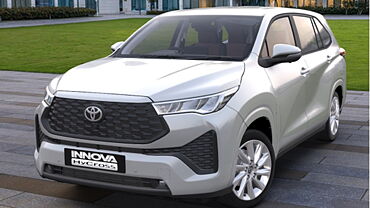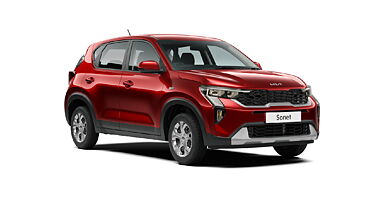Reserve Bank of India recently announced that it will not change interest rates, which was in stark contrast to the Indian auto industry's expectations of reduction in interest rates and Cash Reserve Ratio (CRR) for banks. The declaration was made on 18th June 2012 and crashed the optimism of auto makers for generating demand on swift pace.
About this, Mayank Pareek, Managing Executive Officer (Sales and Marketing), Maruti Suzuki, said, “It (rates remaining unchanged) is a disappointment for the auto industry. For the car industry, it’s very important that the interest rates come down, as 70% of sales are financed.”
Reduction in volumes, increase in petrol prices and reports regarding the possibility of an additional tax on diesel vehicles have already made MSIL lose by 6.3% on the stock market against the previous month. The auto maker also underperformed in the peer index by 0.8%, while in the broader market it increased 3.4%. With this showing, company officials are quite concerned as such a decline can result in low volumes in the ongoing fiscal. Reportedly, it was found that the volumes of MSIL in fiscal 2012 were down 11%, when evaluated on Year-over-Year (YoY) basis. Nevertheless, the company anticipates registering a growth of 10% growth in fiscal 2013 due to the small base.
Maruti Suzuki is worried that the depreciation in the value of Rupee is expected to cut the margins of company. As per Ajay Seth, Chief Financial Officer (CFO), the current value of rupee can probably impact a maximum of 150 basis points for fiscal 2013. The auto maker is trying various approaches in order to take care of this issue.
Besides the reduced volumes, the auto maker is also facing pressure of cut-off in margins because of reduction in value of Rupee against other currencies, particularly the Japanese Yen. Presently, it is anticipated to affect the margins of EBITDA (Earnings Before Interest, Taxes, Depreciation and Amortisation) by a maximum of 150 basis points.
Sales between April and May this year were not impressive for the auto giant. The management of the company is also worried about the demand as there is a slowdown in urban areas. On the drop in sales witnessed by the company, its management quoted that it outperformed in the sector. Hike in petrol price has bent the buyers towards diesel models, which generated a decent demand for diesel versions of Swift. On the other hand, the volume-pullers among the petrol models, which include Maruti 800, Alto, A-Star and WagonR, are being ignored by buyers.
With a YoY decline of 2% in April, the volumes of company collapsed 5% during May because of abrupt drop in the sales of petrol vehicles. Overall, sales of petrol models in April collapsed 20%, whereas the Maruti reported downfall of 18% in the same. Likewise, the diesel car sales grew by 59%, while the company showed 80% growth. Sales of diesel vehicles were paced-up due the company’s additional manufacturing units, which also helped it to reduce the waiting period of its diesel models. Earlier, the waiting period for Swift premium hatchback varied for a month and around four months for the Swift DZire entry level sedan.
In a report issued on 14th June, Arvind Sharma and Jamshed Dadabhoy of Citigroup, said, “Management’s guidance for overall FY13 industry growth was a slightly optimistic (in our view) 10% year-on-year. Our FY13 industry forecast is 5%. There are downside risks to these estimates, especially if excise duty on diesel cars is hiked.



